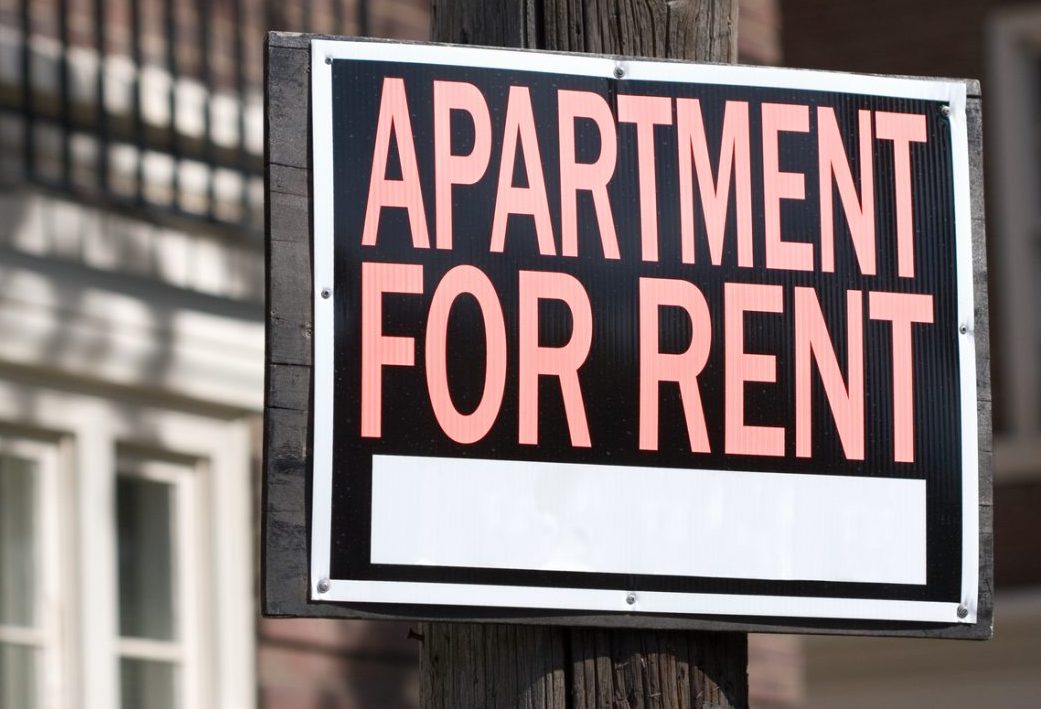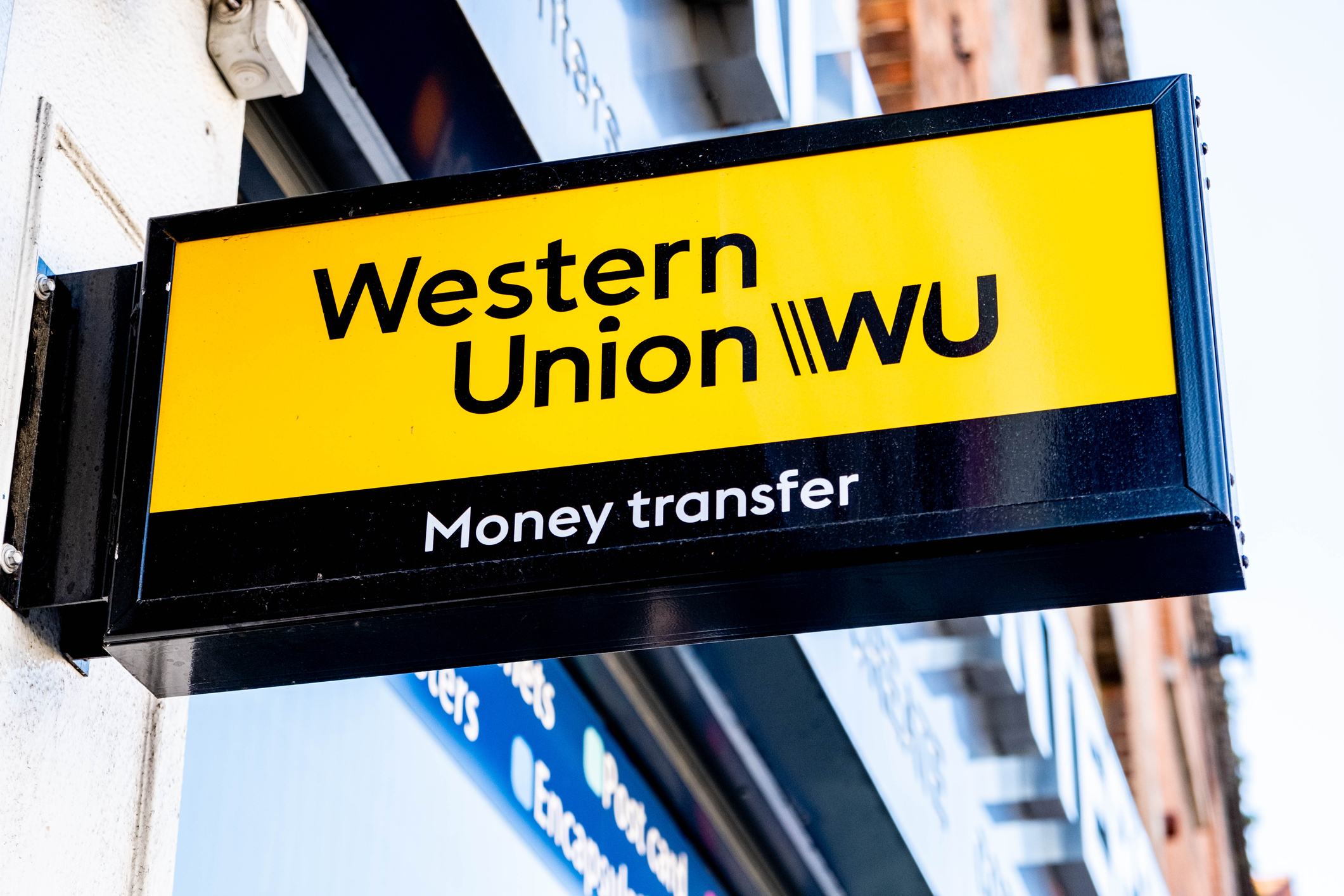Rising Risk in Rental Scams

|
Getting your Trinity Audio player ready... |
In 2022, the FBI issued a public warning about the rising risk of rental scams. As many as 11,700 people reported losses totaling more than 396 million dollars from rental scams in 2022. This dollar amount was an 86% increase from the previous year. The FBI cites the main reasons for this is short apartment supply and higher demand. The Department of Homeland Security identifies exponentially increasing fraudulent schemes targeting international students.
Studying in a new and unfamiliar country, international students – not proficient in the language, customs, and laws – are the most vulnerable targets to rental scams from unscrupulous property management companies and online scammers. Studying abroad presents transformative life experiences but is fraught with dangerous challenges. These challenges include acclimating to a different culture, language, and environment, homesickness due to family separation anxiety, and adjusting to rigorous academic expectations.
Finding and securing comfortable, affordable, and safe living accommodations is the most formidable challenge. As mentioned, rising rent prices and ignorance of rental laws intensify their struggles. For these reasons, the FBI lists the below guidelines on how not to be victimized on their website:
- Do not wire funds to people you do not know.
- Only put money towards a house or apartment you have seen. Confirm the landlord’s identity by researching public records to determine who owns the property you seek to rent or purchase.
- Only complete applications online after you have met the property manager.
- Know local rental prices.
- Look for online reviews, references, and testimonials from past inhabitants.
- Be wary if a potential tenant wants to rent property sight unseen.
- Be wary of sending rent to a foreign account.
Knowledge is Power
Criminals can easily defraud International students because they do not have a credit history in the US. Most lease contracts signed between the international student and property management company require the student to pay three to six months’ rent before moving into an apartment. Requesting rent up front is standard procedure. However, property managers made non-lease demands such as requiring rent payments three months in advance. The criminals made these non-lease demands without the consent or awareness of the property owner.

A Southern California landlord recently reported that he decided to investigate after continuously receiving delinquent payments from the property management company (sometimes payments were two to three months behind). Reaching out directly to the tenant (international student), he discovered the property management company had defrauded him and the tenant. The tenant provided receipts documenting on-schedule rent payments. He paid rent for three months at a time. The tenant provided text communications in which the property manager demanded early payments. When the property manager was confronted with receipts and text messages, he responded that he was out of the country and would resolve the discrepancy when he returned. The landlord, via legal counsel, terminated the services of this property manager immediately.
The Wakeup Call
Lessons learned. The international student learned that a lease can only be changed or altered after both parties sign off if both parties consent to updated terms and sign off. Simply put, a property manager cannot change a lease with a text. In the landlord’s case, this attempted fraud demonstrated a need for complete transparency to ensure property investment was in ethical hands. An essential role of a property management company is rent collection and prompt disbursement to the property owner’s account by contract. Inconsistent rent collection and disbursement is the highest red flag of fraudulent behavior.
Bookkeeping records, receipts of all revenue received, and expenses paid out must be provided to the Property owners upon request. An audit must be performed immediately when delay tactics are suspected. This audit detects other fraud practices: bogus invoices for un-delivered work orders and financial kickbacks from service contractors. For more information on fraud detection safeguards, read six signs your property manager may be stealing from you.
If you do detect fraud, there are four legal options available:
- File a lawsuit with HUD (The Department of Housing and Urban Development).
- File a lawsuit in court.
- Submit a complaint to the BBB (Better Business Bureau).
- File a complaint with the local municipal housing department.

Before moving to study abroad, the international student should perform due diligence by researching and planning, beginning with the university’s housing department. For example, the University of California Los Angeles (UCLA), home of over 12,000 international students, provides resources and services via the Dashew Center for International Students and Scholars (including off-campus living). With their extensive database, derived from positive student feedback and BBB reporting, they can refer and connect students to reputable property management companies and landlords. Dashew Center hosts scam and fraud alert workshops and connects international students to attorney services. A Dashew Center is not unique to UCLA; all major universities provide resource centers for international students.












